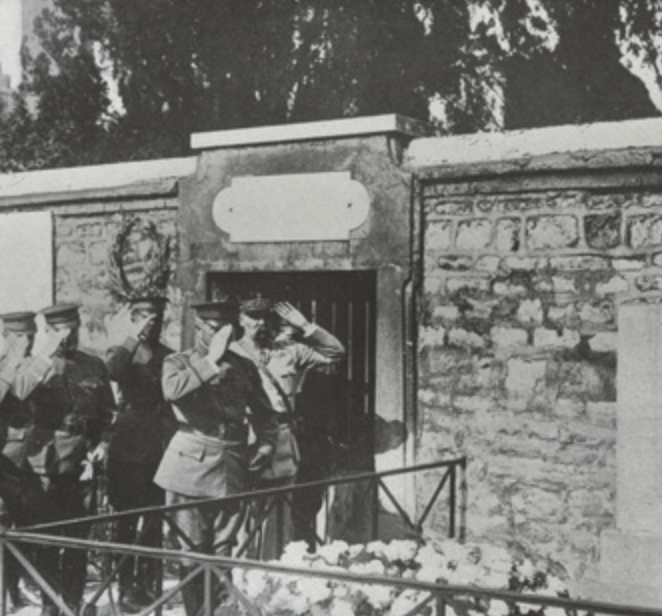
by Stephanie Dray | Mar 15, 2021 | Adrienne Lafayette, Articles, Beatrice Chanler, Research, The Women of Chateau Lafayette
The Marquis de Lafayette was not only instrumental in helping the United States to win independence; his memory also played a role in America embracing her destiny as a world power. On July 4, 1917, General Pershing and his staff visited Lafayette’s tomb at...
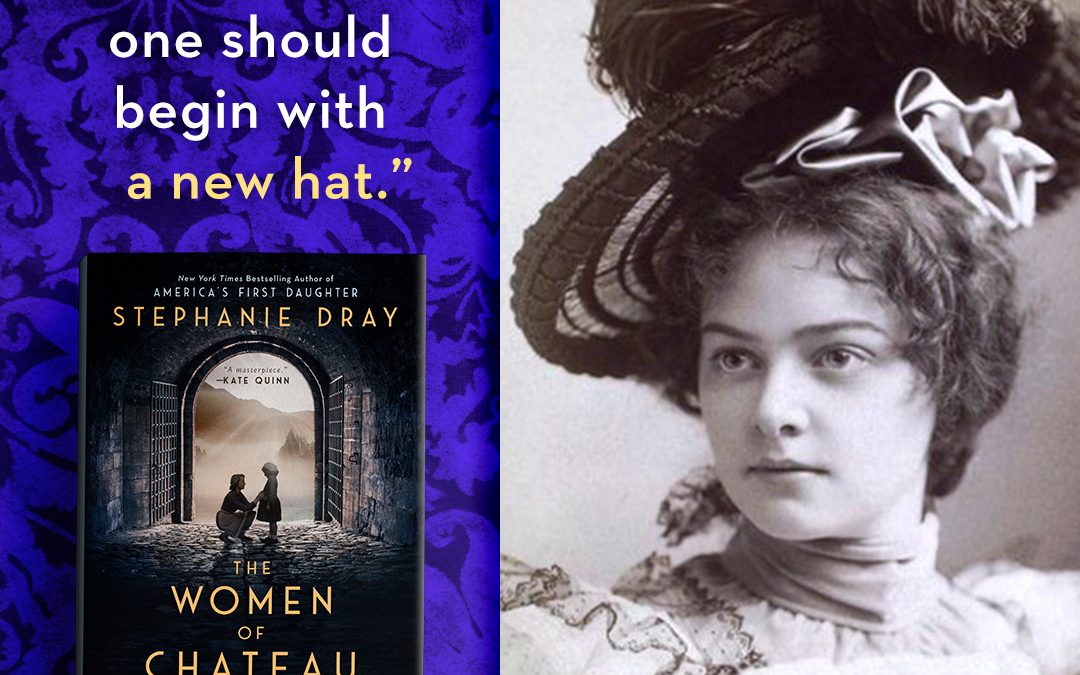
by Stephanie Dray | Oct 5, 2020 | Beatrice Chanler, Heroines, My Works, News, Research, The Women of Chateau Lafayette
While writing The Women of Chateau Lafayette, the research kept shifting under my feet, in part due to what I discovered in Beatrice’s private letters, provided to me by her grandson William A. Chanler, partly due to what I found in her papers at the New York...

by Stephanie Dray | Oct 5, 2020 | Beatrice Chanler, For Readers, My Works, News, Research, The Women of Chateau Lafayette
Those of you who have read The Women of Chateau Lafayette will know why I’m so interested in the world of the stage of the late 19th and early 20th century. For everyone else it will be a spoiler, so let me just say that a fabulous reader who has requested to...
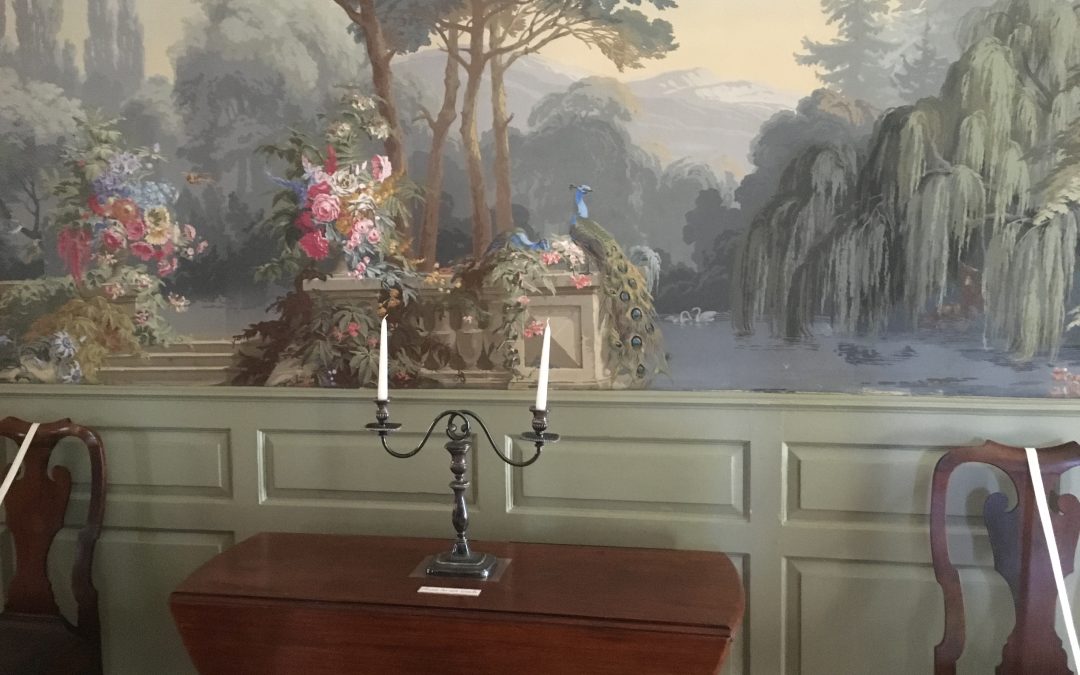
by Stephanie Dray | Oct 10, 2017 | American Revolution, Eliza, For Readers, Heroines, My Dear Hamilton, My Works
My co-author Laura Kamoie and I had the pleasure of visiting this historic site early in our research process to get a feel for the place in which Eliza Schuyler Hamilton grew up and where she spent her early marriage. Where her family lived. And the place that was to...
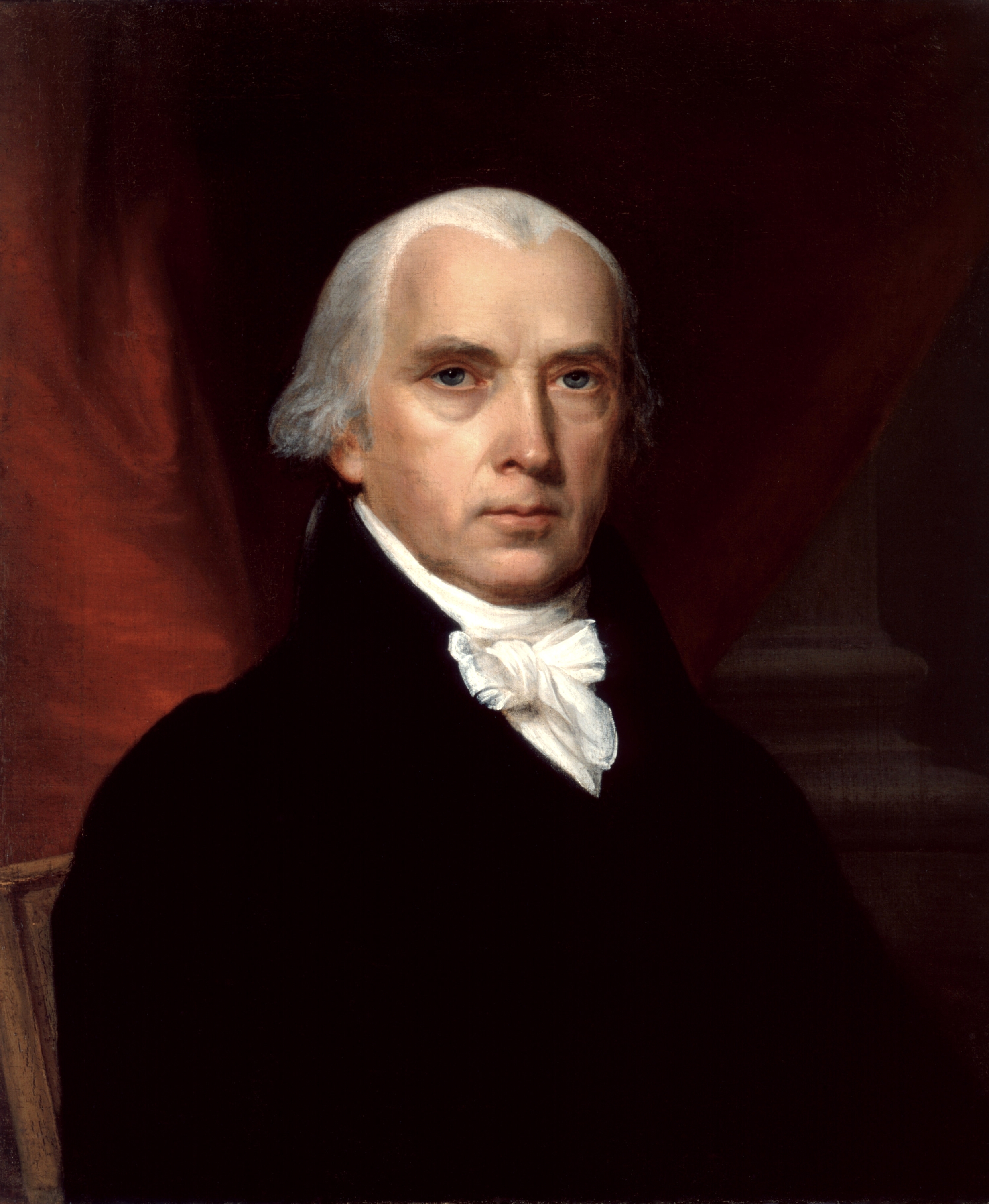
by Stephanie Dray | Feb 7, 2017 | American Revolution, Eliza, For Readers, Research
I’ll be putting quotes here from one Founding Father about the other. These particular ones are written after Hamilton’s untimely death in 1804 at the hands of Vice President Aaron Burr. On Hamilton’s Honor and Integrity “Of Mr. Hamilton I...
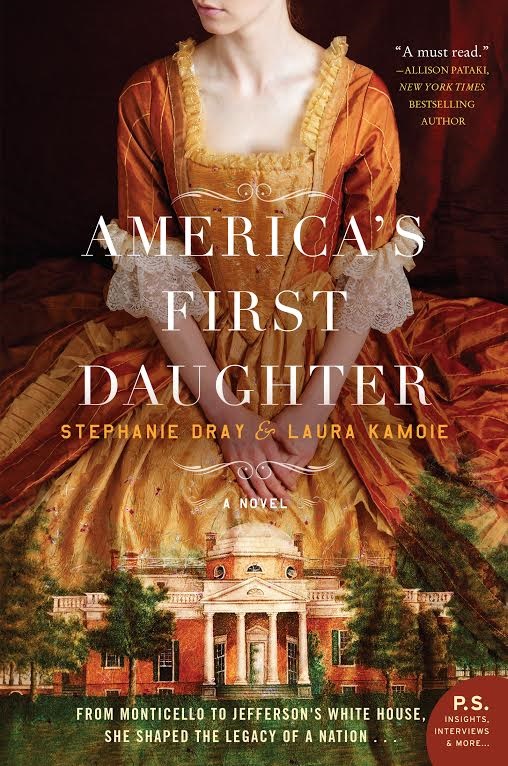
by Stephanie Dray | Jul 13, 2016 | Martha Jefferson Randolph
Martha “Patsy” Jefferson Randolph’s relationship with her father, the third president of the United States, not only defined her life but also shaped the identity of our nation. For everything we know of the author of our independence was shaped by what she let pass...







